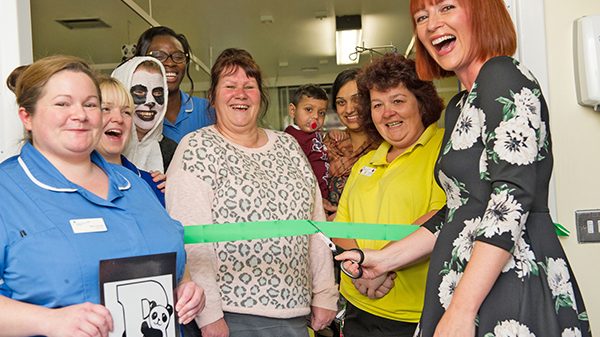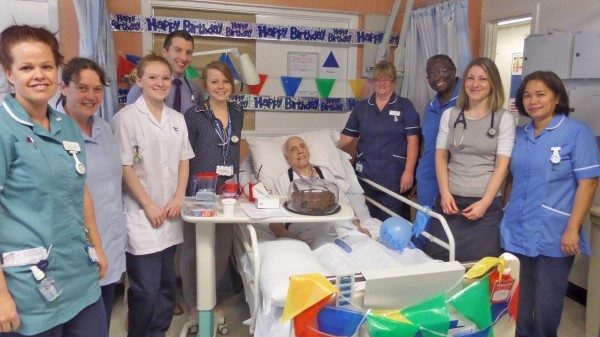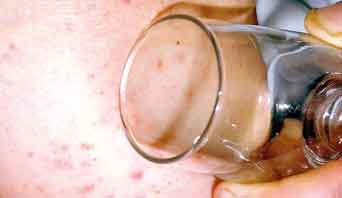Thousands more lives could be saved from cardiac arrests, thanks to a ground-breaking partnership between the NHS, the British Heart Foundation (BHF), and Microsoft.
The new partnership aims to map all of the UK’s defibrillators, with a shared ambition for the life-saving devices to be made readily available for every out-of-hospital cardiac arrest.
The initiative is in response to shocking figures that show public access defibrillators are used in less than 3 per cent of out-of-hospital cardiac arrests, significantly reducing the survival chances of tens of thousands of people every year.
IDENTIFYING THE LOCATION OF DEFIBRILLATORS
One of the biggest barriers to their use is the location of these devices is often unknown to bystanders and ambulance services, despite tens of thousands of defibrillators being placed prominently in workplaces, train stations, leisure centres and public places across the country. The BHF says this is leading to a needless loss of lives, as 999 call handlers are unable to direct bystanders to their nearest defibrillator when someone suffers a cardiac arrest.
A PIONEERING PROJECT TO REDUCE CARDIAC ARREST DEATHS
Combining their expertise in technology and healthcare, the BHF, NHS England, NHS Scotland and Microsoft solutions provider New Signature will now work together over the next 12 months to develop a comprehensive network of defibrillators across the UK that can be used by ambulance services. The pioneering project is expected to help save lives every day right across the country.
The move is part of a coordinated strategy between the BHF, NHS and other leading health organisations to improve the UK’s poor cardiac arrest survival rates by increasing the application of CPR and defibrillation to patients, and improving post-resuscitation care. There are over 30,000 out-of-hospital cardiac arrests every year in the UK, but less than 1 in 10 people survive. In countries where the public are better equipped to recognise and deal with cardiac arrests, survival rates are up to three times higher.
The network will be piloted by West Midlands Ambulance Service and the Scottish Ambulance Service, before being rolled out across the UK.
CPR AND DEFIBRILLATION ARE VITAL
Speaking about the importance of defibrillators, Chief Executive British Heart Foundation (BHF) Simon Gillespie said: “Every minute without CPR or defibrillation reduces a person’s chance of surviving a cardiac arrest by around 10 per cent. Thousands more lives could be saved if the public were equipped with vital CPR skills, and had access to a defibrillator in the majority of cases.
“Over the last five years we’ve made great progress in introducing CPR training in more schools. We now need to improve access to the tens of thousands of public defibrillators across the UK. These life-saving devices can provide a vital lifeline for cardiac arrest victims until ambulance services arrive. This innovative project will give every ambulance service immediate access to the location of defibrillators in their areas, so they can direct bystanders to their nearest life-saving device in the event of a cardiac arrest.”
THE POWER OF TECHNOLOGY TO TRANSFORM HEALTHCARE
Clare Barclay, Chief Operating Officer at Microsoft UK, spoke of the potential of combining technology with the expertise of the NHS and leading health organisations: “This innovative partnership could quickly equip 999 call handlers with information that could mean the difference between life and death for someone suffering a cardiac arrest. The impact of this project could be huge, but it’s just a small indication of the life-saving difference that innovative partnerships like this could make to the health of the nation.”
A PRIORITY FOR THE NHS
This announcement comes just weeks after NHS England committed to placing an increasing focus on reducing the impact of devastating heart and circulatory diseases. Discussing the initiative, NHS England’s national medical director, Professor Stephen Powis, said: “Preventing heart failure and other cardiovascular illness is a priority for the NHS ten year plan. This innovative partnership will help people in every part of the country to access life-saving equipment, and will support NHS staff and the public when attempting to save the lives of the 30,000 people each year who suffer cardiac arrest out of hospital.”
IF YOU HAVE A DEFIBRILLATOR TO REGISTER
When the network is launched next Spring defibrillator owners, or ‘guardians’, will be invited to register their defibrillator online. The system will encompass detailed locations of defibrillators across the UK, which will allow Ambulance Services to direct bystanders of a cardiac arrest to the nearest one. It will also act as a network so that defibrillator guardians can support each other in the maintenance of these life-saving devices.
The national defibrillator network will launch in spring 2019 when guardians will be able to register their defibrillator onto the network through their local ambulance service. Some ambulance services are currently able to accept direct registrations so if you are looking to register your defibrillator now, please visit the map of ambulance services at www.aace.org.uk where there are links to contact your local service.
For Questions about the new database please email:
NDN@bhf.org.uk
Sign up for updates about CPR and defibrillation work at;







